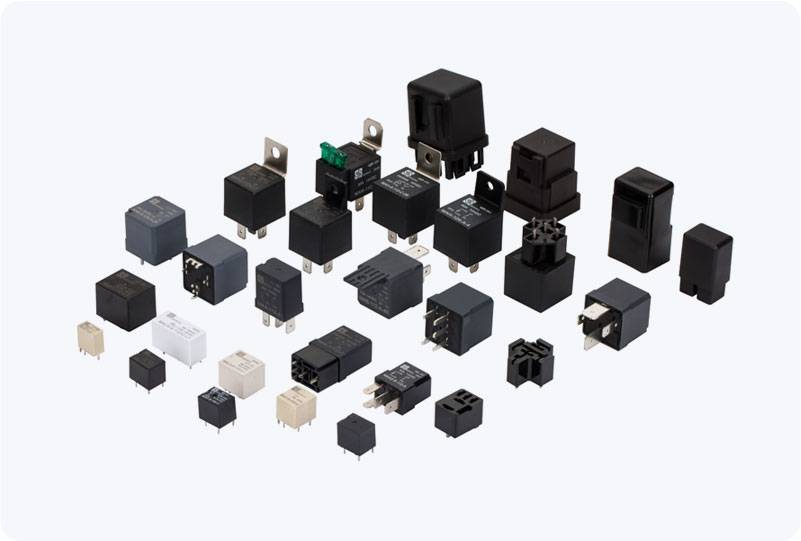Industrial relays are critical components in modern electrical systems, offering a wide range of functionalities from switching operations to providing protection against faults. With their vital role in industrial automation, safety, and power management, the reliability and performance of relays are paramount. To ensure that these devices meet the high standards required for their operation, the IEEE (Institute of Electrical and Electronics Engineers) has developed comprehensive guidelines and standards for industrial relays. These IEEE standards are crucial in shaping the design, testing, and application of relays across various industries.

Importance of IEEE Standards for Industrial Relays IEEE standards for industrial relays play a significant role in ensuring that these devices perform reliably in the harsh and variable environments typical of industrial settings. From power stations to manufacturing plants, relays must function flawlessly under a wide range of conditions, including temperature variations, humidity, and exposure to electromagnetic interference (EMI). To achieve this, IEEE standards set forth rigorous requirements and performance criteria for both the hardware and the testing processes of industrial relays. These standards not only guide manufacturers but also provide engineers with a benchmark for assessing relay systems’ functionality and safety.